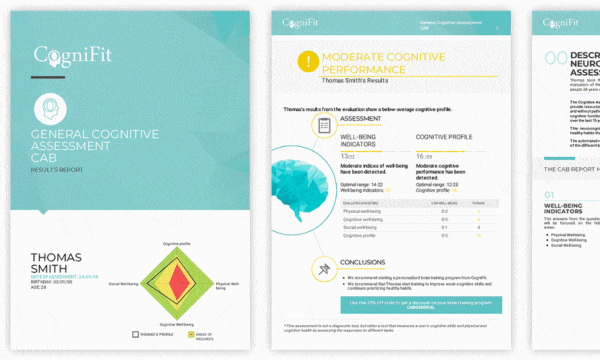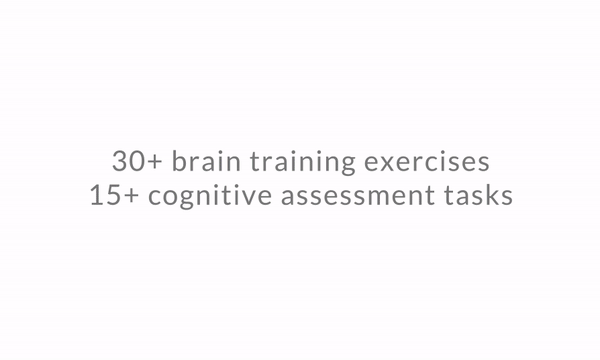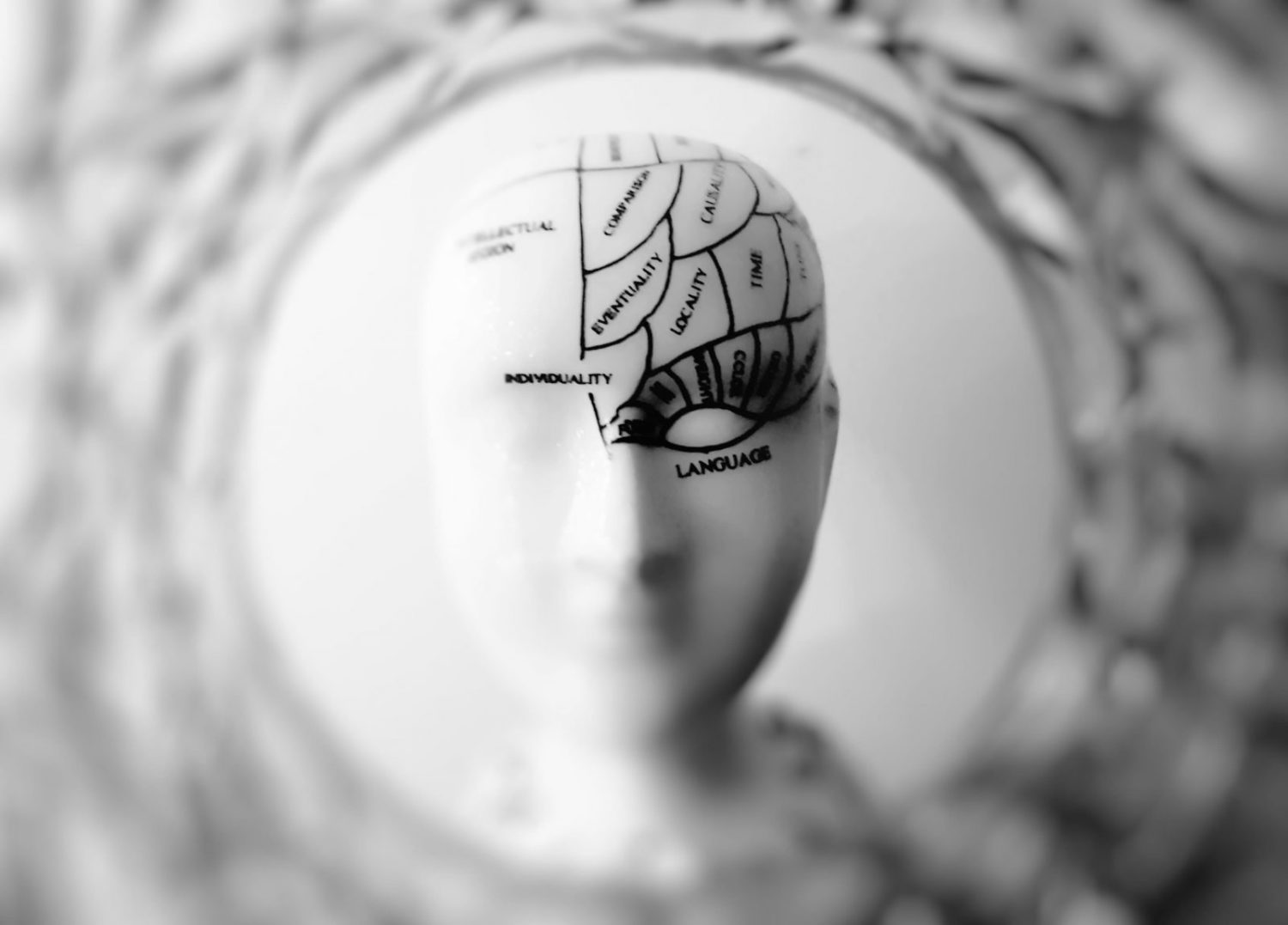
Cognitive Trauma: What you need to know
Cognitive trauma in relation to brain impairment is not something that is greatly known, due to its diminishing characteristics that create deep-rooted effects. However, in recent years there has been more and more research conducted that indeed reveals insight into this neuropsychological dilemma. This article, in particular, will outline the whole idea revolving around cognitive trauma in neuropsychology, what is cognitive trauma, effects of cognitive trauma, problems derived from cognitive trauma, tips on dealing with cognitive trauma.
Cognitive Trauma: Traumatic Brain Injuries (TBI)
What is a Traumatic Brain Injury?
The neuropsychology field turns to be flooded with cognitive development in regards to traumatic brain injuries. As stated in the Cambridge University Press, “well-recovered individuals who had sustained a minor trauma more than half a decade ago continue to have long-term cognitive sequelae relevant for everyday social and professional life” (Konrad et al, 2011, p. 1197). Such concealed, and yet evident findings into cognitive trauma and traumatic brain injuries (TBI) help gain insight from various doctors and in return use it as a primary source to represent the development across the field. On the other hand, many doctors find the information revolving around cognitive trauma conditions to be minimal. As sometimes the determination of whether or not permanent brain withdrawal is present can be unsubstantial.

General Cognitive Assessment Battery from CogniFit: Study brain function and complete a comprehensive online screening. Precisely evaluate a wide range of abilities and detect cognitive well-being (high-moderate-low). Identify strengths and weaknesses in the areas of memory, concentration/attention, executive functions, planning, and coordination.
There is a rising occurrence of TBI’s and cognitive trauma in military personnel, and they are also becoming more prominent in the war zone and terrorist attack victims too (Risdall & Menon, 2011). Traumatic brain injuries, in particular, are something that happens due to direct contact with the head, often causing some type of cognitive trauma. For instance, something such as an accident or explosion could result in a blow to the head developing the potential for cognitive trauma in an individual. This is particularly prevalent in military personnel within war zones due to the constant turmoil and upheaval occurring around them. However, it’s the symptoms that follow a TBI that can be particularly uncomfortable and challenging. When faced with this adversity certain things such as cognitive trauma conditions can start to play a part. The big question that many people often want to know now is whether traumatic brain injuries can directly cause cognitive trauma conditions? Without the slightest doubt, cognitive trauma conditions are quite prevalent in some cases specifically in military war conditions. “TBI is rarely an isolated finding in this setting, and persistent post-concussive symptoms are commonly associated with post-traumatic stress disorder and chronic pain, a constellation of findings that have been called the polytrauma clinical triad” (Risdall & Menon, 2011, p. 241).
Cognitive Trauma: Effects of Traumatic Brain Injuries (TBI)
First and foremost, after a TBI instance occurs an individual needs to be checked out immediately by an appropriate professional health care provider to determine the course of treatment. This is something that many patients are unaware of, as a TBI requires additional treatment after the incident that most likely will be needed for the remainder of the patient’s lifetime. The typical approach for treatment post TBI involves a bold approach of ICP monitoring for serious cases, where it scientifically increases the overall result of recovery and diminishment of overall cognitive trauma (Stein, Georgoff, Meghan, Mirza & El Falaky, 2010). A brain injury and cognitive trauma coinciding is something that can really impact an individual for the rest of their life. Between managing the symptoms and dealing with treatment and recovery it can be a hard feat. Managing symptoms is a big task alongside treatment, which can become overwhelming with the numerous courses of rehabilitation. Yet, it’s the alternative treatments that are limited and need to be expanded upon through research. As research into new treatment methods can help provide more sound reasoning into the appropriate ways certain methods can make a difference in cognitive trauma and TBI’s.
Cognitive Trauma: Problems after Traumatic Brain Injuries (TBI)
The most prevalent problems associated with cognitive trauma and TBI consist of:
- Information processing
- Communication
- Reasoning
- Concentration
- Memory
- Control
When an individual experiences a TBI there can often be cognitive problems that arise as a result, due to the injury. Initially one must understand what cognition is in order to explore further, cognition is often described as the thought of knowing. The different types of cognition that will be explored are areas such as, info processing, communication, reasoning, concentration, memory, and control.

CogniFit Brain Training: Trains and strengthens essential cognitive abilities in an optimal and professional way.
It is important to keep in mind that there are many different aspects of cognition, but for the sake of how TBI’s can affect cognition these will be specifically addressed. When an individual has a TBI it is often the after effects that cause the most issues, this is where info processing takes a hit. Following a TBI one’s potential to process something decreases substantially influencing reaction time and other similar avenues. Communication is another dilemma that is faced for victims of TBI’s creating adversity with all things in connection to asserting and comprehending the material.
On top of these two issues is also the halt in concentration making the need to focus a thing of the past. Control and reasoning are another plaguing problems often going hand in hand with one another. Where brash choices are made often due to the lack of being able to identify issues in the first place. It is important to note that not all these problems will occur for every individual that presents with a TBI. Nonetheless, when issues arise it is key to report them to a health care professional to ensure the appropriate treatment measures.
Cognitive Trauma: Current Traumatic Brain Injury (TBI) Studies
The research that has been done on cognitive trauma relating to TBI’s is relatively sparse and has left a great amount of room for improvement. Initially, a large amount of research that has already been conducted focuses more on cells and sham control for treatment on one end or MRI evaluation on the other.
There was a study conducted by a handful of doctors on cell study in TBI patients properly examined intracerebral effects while also delving into the intravenous application of bone marrow stromal cells (MSCs) with endogenous cellular proliferation following a TBI (Mahmood, Lu & Chopp, 2004). Following, the results that have been discovered are not always conclusive and tend to create some conflicting ideas. It was discovered that that through the proper study of rats this treatment of TBI proved to be successful. Successive TBI in rat subjects established that intracerebral and intravenous MSC dispensation improves endogenous cellular proliferation (Mahmood, Lu & Chopp, 2004, p. 1185).
However, other types of research done found that the results are not an immediate reaction but something that occurs only with the duration of time. In a six month investigative cycle, there was no instantaneous or slowed harmfulness affiliated with cell application. Additionally, not all studies deal with human patients, which makes for insufficient discoveries. Due to the fact that most of the studies conducted have for the most part been done on rat subjects and not all on human subjects, which creates room for error. Lastly, not all aspects of the matter regarding cell study in regards to TBI and cognitive trauma have been fully analyzed.
Cognitive Trauma: The incidence of Cognitive Trauma and Traumatic Brain Injuries (TBI)
The overall incidence of cognitive trauma and TBI is only multiplying year after year (Dulac, Lassonde & Sarnat, 2013,p. 891). As behavioral limitations evolve it creates something that all individuals suffering from TBI’s and cognitive trauma misjudge. People that have TBI or cognitive trauma at first don’t always evaluate their situation entirely which creates instances where social situations involving emotions and interactions are turned for a loop. The main cause of this particular issue is due to the alterations that have occurred in “hippocampal, prefrontal cortical, and limbic region function because of alterations in synaptogenesis, dendritic remodeling, and neurogenesis” (Kaplan, Vasterling & Vedak, 2010, p. 427). After a brain injury has occurred various behavioral disorders such as self-awareness become quite prominent. If the frontal lobes of the brain are the source of the TBI a relation between behavioral changes is usually relevant.
Cognitive Trauma: Necessary Development of Research
The various accounts of information that were the result of studies conducted provided some very good insight into the matter. Such concealed, and yet evident findings in traumatic brain injuries (TBI) and also cognitive trauma help gain insight from various doctors and in return use it as a primary source to represent the development across the field. Contrary to all the information that was a gained, the way that individual deals with the instance of a TBI or cognitive trauma are going to be different for each individual.
This research and more and more research adventures down the road are going to open new doors into this field and create a whole new amount of knowledge. Disappointing conclusions are due to the absence of accurate result amounts mingled with the heterogeneity of TBI (Yue et al, 2013). Despite the various efforts over the years to help people with TBI’s and cognitive trauma, more research is without a doubt needed. Over the course of the past 30 years, existing methods into the classification of condition seriousness have yet to evolve (Yue et al, 2013). That being so it creates a necessity to develop new studies so that research can be advanced in a positive direction. This will ultimately help individuals with the strongest effects of TBI and cognitive trauma to help ease the fallbacks of current treatment methods.

Cognitive Trauma Tips
Tips for Dealing with Cognitive Trauma
Learning to live with cognitive trauma is not an easy feat, and hopefully, through useful methods, individuals can cope. One of the most important things that anyone who is suffering from cognitive trauma can do for themselves is seeking out the care of a professional. Through this different types of treatment methods can be discussed leading towards a positive recovery approach. When someone is suffering from cognitive trauma, one of the most common therapy approaches is cognitive behavioral therapy (CBT). Through CBT there are beneficial approaches that can be made to help treat an individual who suffers from cognitive trauma.
References
Dulac, O., Lassonde, M., & Sarnat, H. B. (2013). Traumatic brain injury. Pediatric Neurology, 112, 891.
Kaplan, G. B., Vasterling, J. J., & Vedak, P. C. (2010). Brain-derived neurotrophic factor in traumatic brain injury, post-traumatic stress disorder, and their comorbid conditions: role in pathogenesis and treatment. Behavioural pharmacology, 21(5-6), 427-437.
Konrad, C., Geburek, A. J., Rist, F., Blumenroth, H., Fischer, B., Husstedt, I., … & Lohmann, H. (2011). Long-term cognitive and emotional consequences of mild traumatic brain injury. Psychological medicine, 41(6), 1197-1211.
Mahmood, A., Lu, D., & Chopp, M. (2004). Marrow stromal cell transplantation after traumatic brain injury promotes cellular proliferation within the brain. Neurosurgery, 55(5), 1185-1193.
Parker, R. S. (2012). Traumatic brain injury and neuropsychological impairment: Sensorimotor, cognitive, emotional, and adaptive problems of children and adults. Springer Science & Business Media.
Risdall, J. E., & Menon, D. K. (2011). Traumatic brain injury. Philosophical Transactions of the Royal Society of London B: Biological Sciences, 366(1562), 241-250.
Stein, S. C., Georgoff, P., Meghan, S., Mirza, K. L., & El Falaky, O. M. (2010). Relationship of aggressive monitoring and treatment to improved outcomes in severe traumatic brain injury. Journal of neurosurgery, 112(5), 1105-1112.
Yue, J. K., Vassar, M. J., Lingsma, H. F., Cooper, S. R., Okonkwo, D. O., Valadka, A. B., … & Puccio, A. M. (2013). Transforming research and clinical knowledge in traumatic brain injury pilot: multicenter implementation of the common data elements for traumatic brain injury. Journal of neurotrauma, 30(22), 1831-1844.
Zhang, Z. X., Guan, L. X., Zhang, K., Zhang, Q., & Dai, L. J. (2008). A combined procedure to deliver autologous mesenchymal stromal cells to patients with traumatic brain injury. Cytotherapy, 10(2), 134-139.














